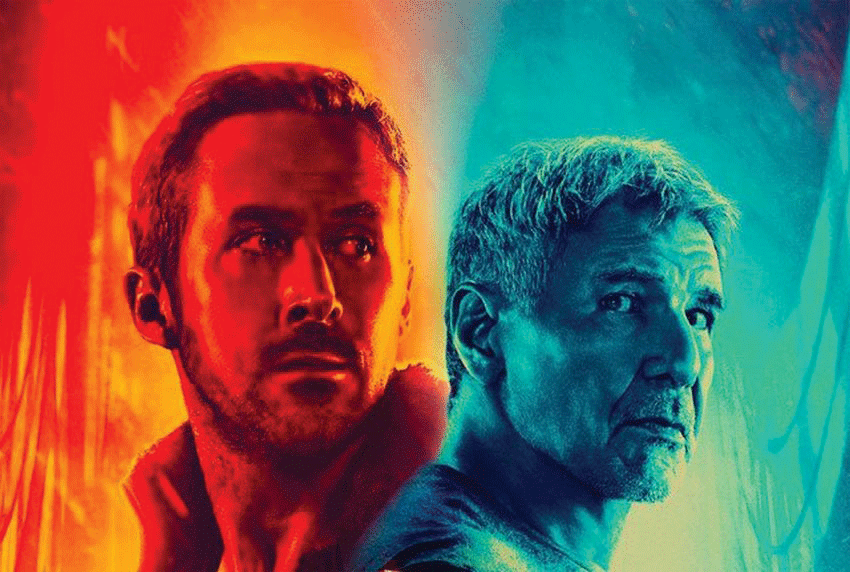Blade Runner 2049: Worth the Watch
Similar to films like The Big Lebowski and Fight Club, Blade Runner (1982) wasn’t quite appreciated or popular during its release, but has since then become a celebrated cult classic. Even so, I only just watched it through Amazon Video the day before seeing the sequel that is currently showing in theaters. Given that I had just arrived home from a five-hour bus ride, I was pretty sleepy, so I missed a few bits and pieces, but I observed enough to catch the original sci-fi film’s creativity, stunning visuals (at least for the 80s) and complex themes. Blade Runner 2049 had a lot to live up to – and it certainly rose to the challenge.
Taking place 30 years after the events of the first film, Blade Runner 2049 revolves around a futuristic world in which upgraded replicants – bioengineered humans that function to work and assist – have assimilated into society. The protagonist, K (Ryan Gosling), is a blade runner, responsible for terminating older generation replicants, while he himself is a new generation replicant. After “retiring” Sapper Morton, a rogue replicant and farmer, K and his boss Lieutenant Joshi (Robin Wright) discover remains of a replicant who died while giving birth, thought to be impossible. K is then given the mission of destroying both the child and any evidence relating to it, to prevent uproar and war.
Director Denis Villeneuve previously received an Oscar nomination for his film, Arrival, a similarly thoughtful and imaginative science-fiction film. Arrival, however, is more accurately categorized as a drama; here, Villeneuve displays his gift with the sci-fi genre by skillfully incorporating its elements into a thriller. The film’s cinematography must be credited as well, for its depiction of a dystopian Los Angeles complete with advanced holograms and technology, but also shadowed by darkness and decadence. Sound also plays a very big role, in highlighting tension and mystery, sometimes even overpowering the dialogue. The cast is also superb, especially Gosling as the lonely, obedient and conflicted K searching for the validation of his own identity.
Like its predecessor, Blade Runner 2049 explores many themes and questions. Some of these have to do with facing the future: How will we deal with the non-human beings we create? What kinds of things will we prioritize? Others are more philosophical: Is murder ever justified? How do we determine what the greater good is? What does it mean to be human? The discrimination and prejudice Gosling’s character faces, for being both a despised and “cold-blooded” blade runner as well as a supposedly robotic, machine-like replicant are a particularly useful lens for viewing our own society today.
I was shocked to learn that this Blade Runner sequel isn’t doing as well in its first weekend at the box office as predicted: it deserves a lot better. Blade Runner 2049 is an intelligent, visually spectacular, and entertaining movie, and may I daresay, one of the best of the year. I do have several warnings for those who plan on or are thinking about watching the film. The first is that Harrison Ford does return, but he doesn’t appear quite as much as the trailer makes it seem. The second is that it really helps to have the original Blade Runner fresh in your memory, due to the plethora of references throughout. Lastly, be patient with the narrative as you watch, because you will most definitely be rewarded.
Contact Gloria Han at [email protected].







